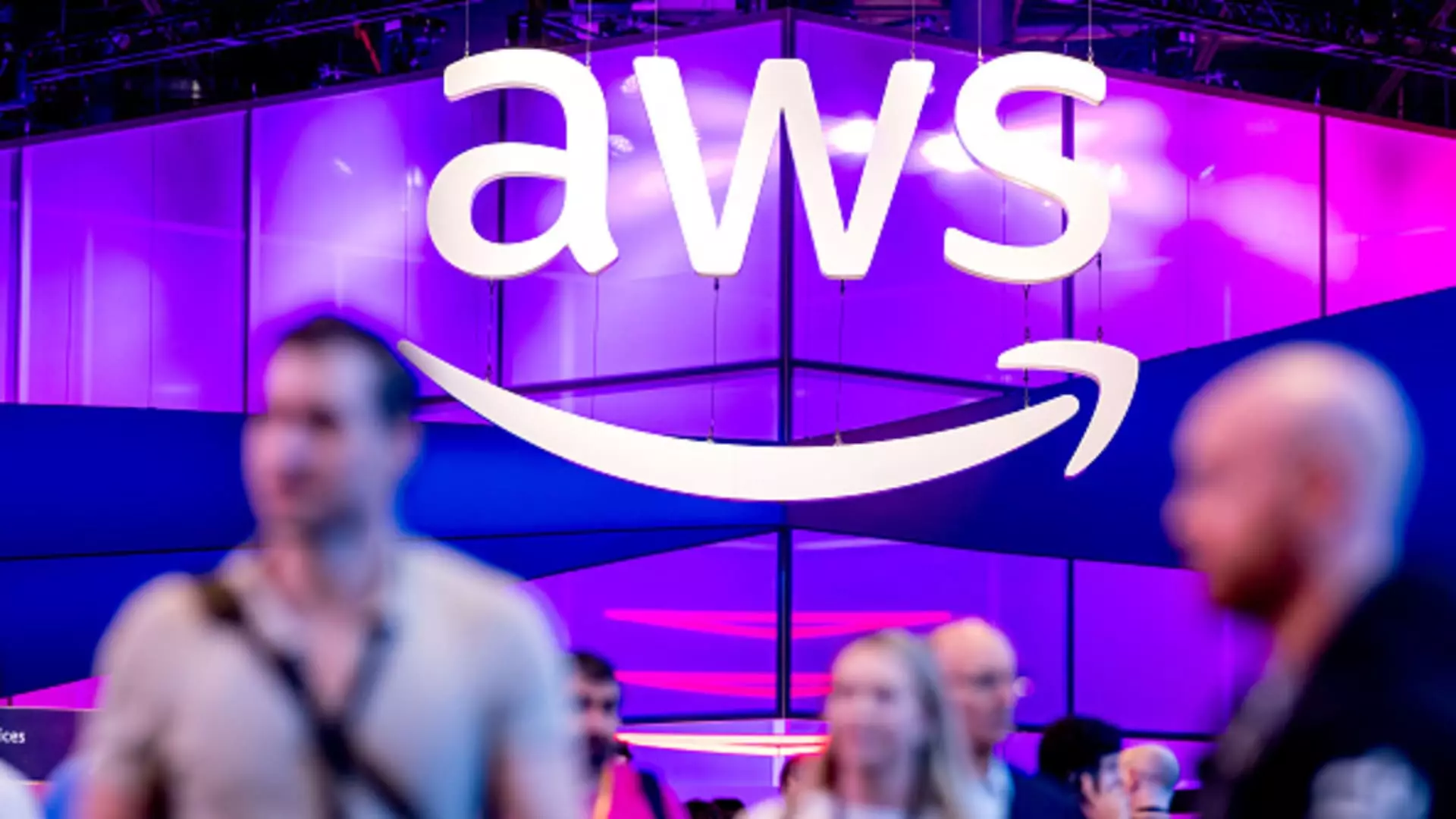In the rapidly expanding universe of cloud computing, a handful of dominant players—primarily Microsoft, Amazon, and Google—have established near-monopolistic control. Their entrenched market power, acquired through deliberate strategic practices and formidable infrastructure investments, is stifling competition and threatening the spirit of innovation that once characterized the tech sector. The recent scrutiny by Britain’s Competition and Markets Authority (CMA) signals an urgent acknowledgment that the cloud industry’s current landscape favors giants at the expense of smaller, more agile competitors. Yet, the resistance from these behemoths—particularly Microsoft and Amazon—reveals their deep-rooted defenses aimed at maintaining market dominance, even at the cost of consumer choice and fair pricing.
The core issue lies in how these companies leverage their extensive market share to impose unfavorable contractual terms, such as egress fees and licensing restrictions, that create market lock-ins. This phenomenon not only discourages customers from switching providers but also discourages innovation from new entrants seeking to challenge the status quo. Tech giants have built their empires on their ability to anchor clients into complex, costly arrangements—making it financially prohibitive to explore alternative cloud services. Such barriers are the antithesis of true competition; they prevent a dynamic marketplace where multiple providers can flourish on merits like price, quality, and technological innovation.
Market Concentration and Its Disruptive Impact
Having control over 60-70% of the Infrastructure-as-a-Service (IaaS) market, Microsoft and Amazon wield influence that extends beyond mere economic power—they shape industry standards, limit customer options, and influence technological evolution. Google’s relatively small market share masks its potential to grow, but the primary concern remains the consolidation of power among the top two players. When a handful of firms dominate critical infrastructure, the entire ecosystem becomes vulnerable to stagnation, reduced innovation, and biased market practices.
The CMA’s call for an investigation into these dominant players underscores the necessity for regulatory intervention. It isn’t merely about punishing perceived wrongdoers but rather establishing a level playing field where competition drives service quality and pricing. If unchecked, the entrenched market power of these giants could lead to a “winner-takes-all” scenario, where the core benefits of competition—such as better prices, innovative services, and diverse choices—are sacrificed.
However, the resistance from Amazon and Microsoft exposes a dangerous complacency. Both corporations have dismissed the CMA’s concerns, emphasizing their ongoing investment and market dynamism. They contend that increased regulation could damage the UK’s broader economic competitiveness—yet, paradoxically, their own practices threaten the long-term health of the market. When market power becomes so centralized that it discourages new entry or innovation, the natural result is a stifled marketplace with fewer benefits for everyone except the dominant firms.
The Role of Regulatory Action and Ethical Responsibility
The CMA’s proposal to probe these tech giants under the new Digital Markets, Competition and Consumers (DMCC) Act signifies a watershed moment for the UK’s digital economy. If successful, such intervention could catalyze a more competitive landscape—one where fairness, transparency, and consumer benefits take precedence over corporate dominance. This approach recognizes that technological innovation should not be hampered by monopolistic practices but rather nurtured through open, equitable markets.
It is also vital to understand that regulation isn’t about crippling innovation but about safeguarding it. Industry leaders often argue that their investments in cloud infrastructure and AI-driven technologies propel the market forward. While this is true to some extent, unconstrained market power breeds complacency, insularity, and resistance to change. Responsible regulation must strike a balance—preventing anti-competitive behavior without choking the innovation pipeline. It’s about creating an environment where emerging providers can challenge incumbents on merits and where customers have genuine freedom of choice.
Furthermore, this situation underscores an ethical obligation for global tech giants. Their dominant positions carry societal responsibilities—their practices should contribute to a fair digital economy, not undermine competition, innovation, and consumer welfare. Reining in market power in cloud computing is not just a regulatory necessity but also a moral imperative to ensure that technological progress benefits society at large, not just a select few.
—
The current landscape of cloud computing, shaped predominantly by Microsoft and Amazon, highlights grave concerns about market fairness and sustainable innovation. The UK’s proactive stance may serve as a blueprint for global efforts to prevent monopolistic complacency and to foster a truly competitive digital economy. The battle for cloud dominance is not just about market share but about shaping the future of technology, fairness, and societal progress. The question remains: will regulators rise to the challenge and redefine the rules of fair play in the cloud era?


Leave a Reply